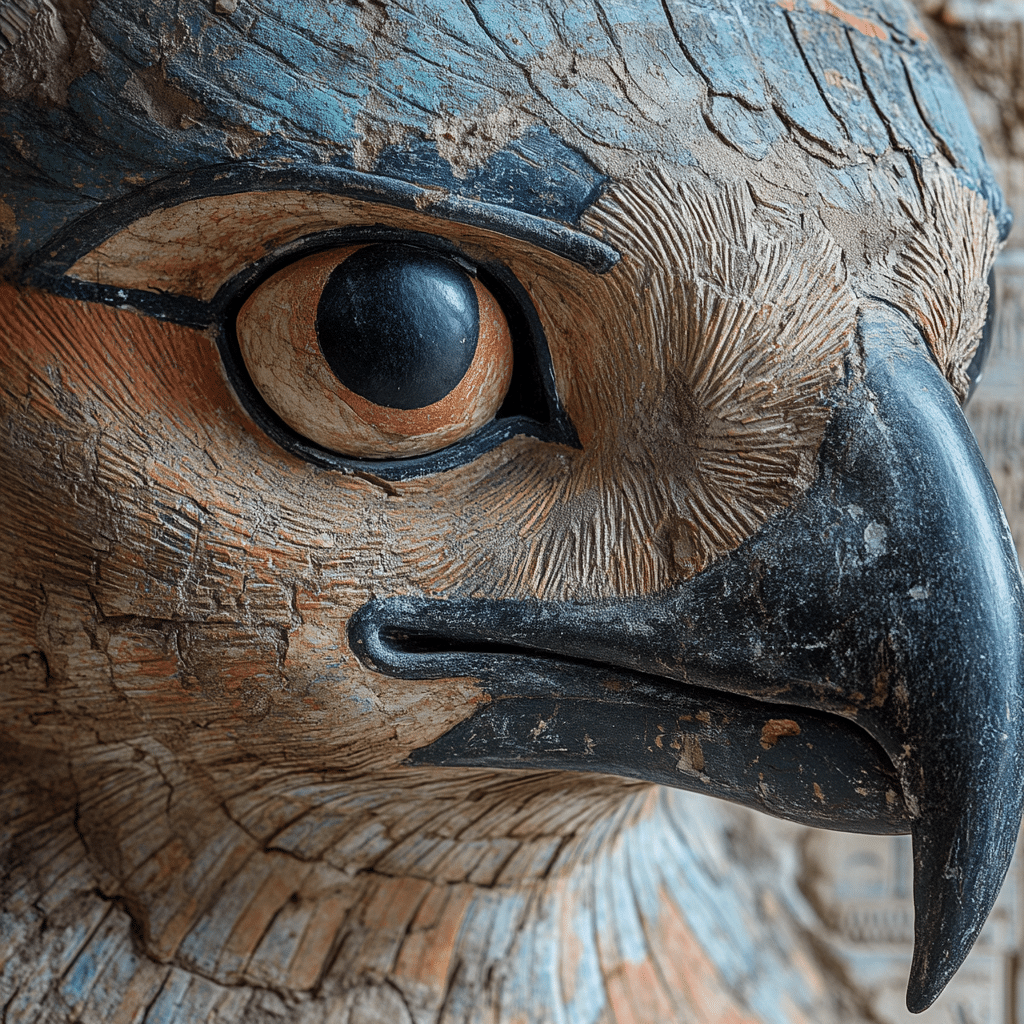Ancient Egypt has fascinated generations with its stunning pyramids, powerful pharaohs, and rich heritage. Stretching over 3,000 years along the banks of the Nile, this incredible civilization penned a legacy filled with enigmas. Today, countless historians and enthusiasts work diligently to unravel the many mysteries of ancient Egypt. Imagine standing before the grand structures that touch the sky—like the Great Pyramid of Giza—wondering how they were built, what secrets remain buried within, and how these ancient rulers shaped the world we know today. Buckle up, because we’re diving headfirst into this captivating journey!
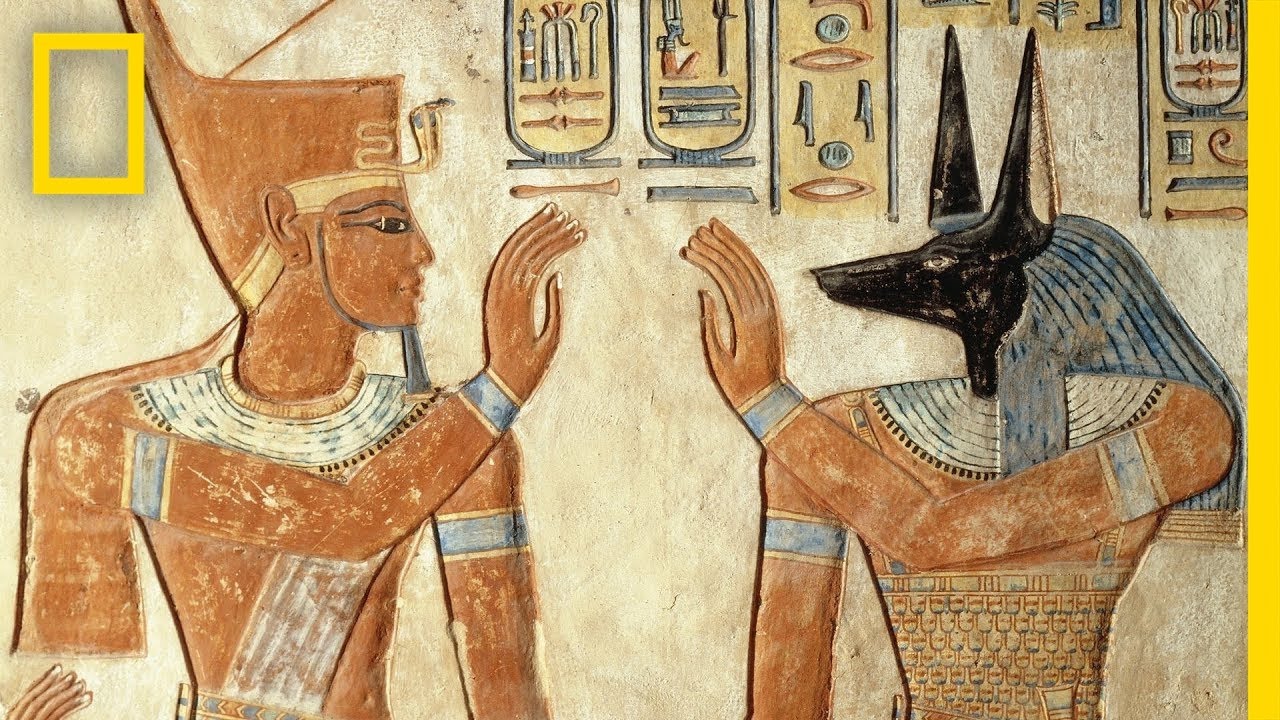
1. Top 7 Fascinating Mysteries of Ancient Egypt
Ancient Egypt captivates millions with its grand structures and enigmatic rulers. Here are seven captivating mysteries that continue to intrigue historians and archaeologists alike:
The Great Pyramid of Giza, built around 2580–2560 BC, remains a marvel. Recent theories suggest a mix of complex ramp systems, organized labor, and advanced mathematics contributed to their construction. Yet, the exact methods remain elusive, enhancing its allure.
Cleopatra VII, one of the most famous pharaohs, reportedly met her end in 30 BC. But her tomb has never been found! Scholars investigate the submerged ruins of Alexandria for clues that could rewrite history.
The Great Sphinx of Giza has long sparked debate about its purpose. Recent radar scans hint at underground chambers that may hold artifacts or even evidence of an older civilization than previously believed.
The discovery of King Tutankhamun’s tomb in 1922 sparked tales of a “curse” on those who dared to enter. While most dismiss it as superstition, the strange deaths of several individuals linked to the tomb fuel curiosity and investigations.
The precision of the pyramids raises questions about the tools available at that time. Some argue they knew sophisticated techniques that rivaled contemporaneous civilizations, while others playfully suggest extraterrestrial involvement—a theory that’s captured many imaginations.
While many ancient texts have been deciphered, some hieroglyphs remain a mystery, continuously demanding the attention of linguists and archaeologists eager to understand ancient Egyptian beliefs and lives.
The history of the “Black Pharaohs,” especially the Nubian dynasty during the 25th Dynasty, raises questions regarding cultural exchange and influence. Their rule challenges traditional narratives, illustrating the intricate dynamics of ancient power in the Nile Valley.
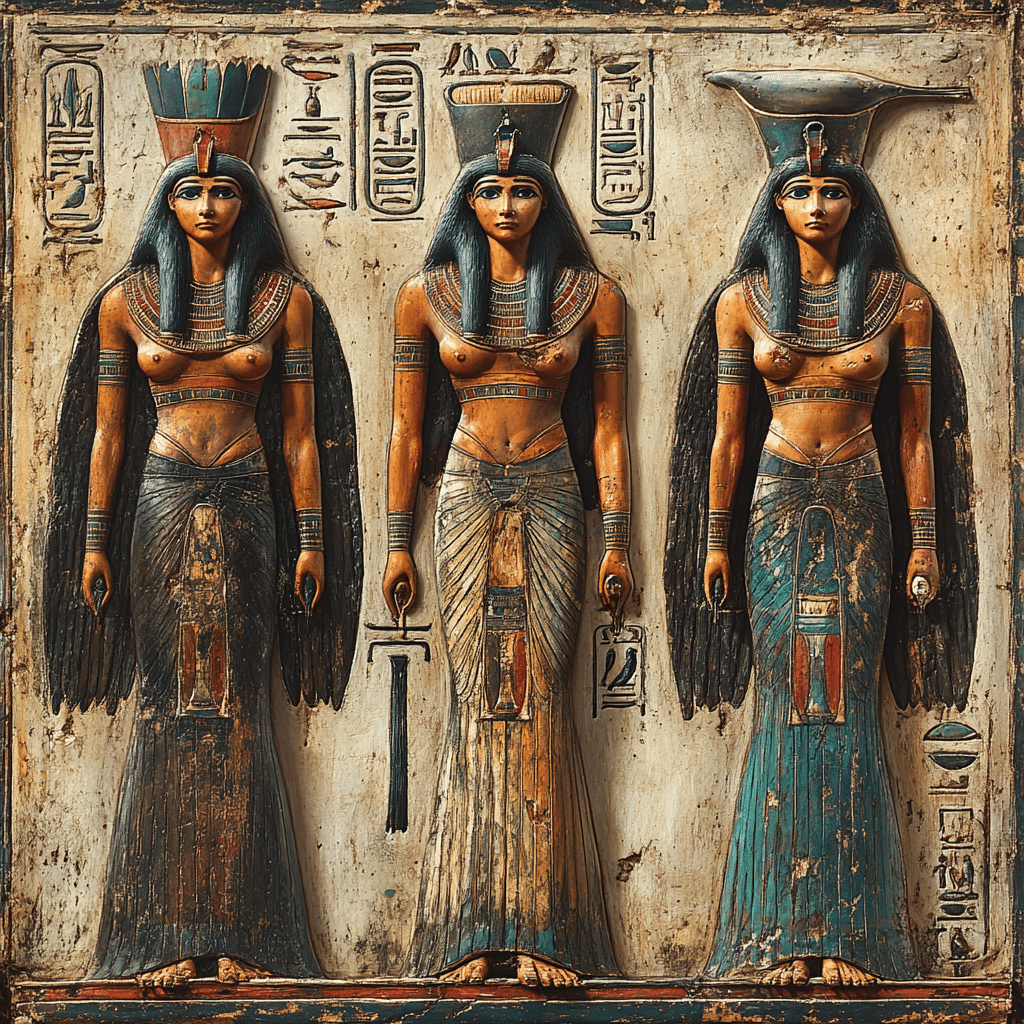
2. The Pharaohs: Rulers of the Known World and Their Legacies
The pharaohs of ancient Egypt weren’t just rulers; they served as divine intermediaries between gods and people. Each left an indelible mark on the civilization, reflected in monumental projects and cultural advancements that still amaze us today.
These rulers helped shape ancient Egypt, fostering art, science, and religion that would resonate through the ages.
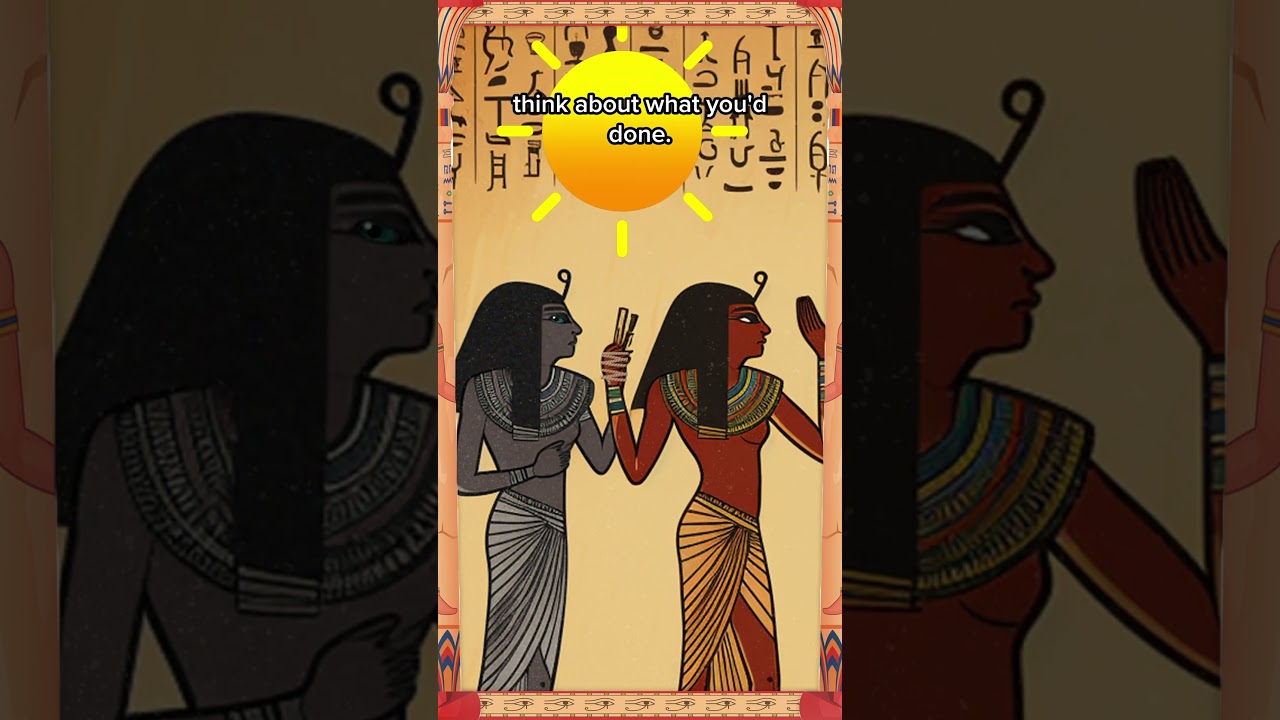
3. The Cultural Impact of Ancient Egypt Today
Ancient Egypt’s influence doesn’t just linger in dusty tombs; it echoes in modern culture, affecting everything from art to entertainment. Movies like “The Mummy” franchise and TV show “The Egyptian” capture the ancient allure, albeit often overlooking nuanced historical truths.
Furthermore, the rising trend toward inclusivity in historical discussions has cast light on overlooked aspects of ancient society, such as the fascinating legacy of Nubian Pharaohs. This shift inspires a broader understanding of past societies, impacting everything from education to contemporary art.
The enduring legacy of ancient Egypt is rich and complex, contributing significantly to human culture. This recognition is vital for understanding how history molds our present, inviting us to dig deeper into our collective narrative.
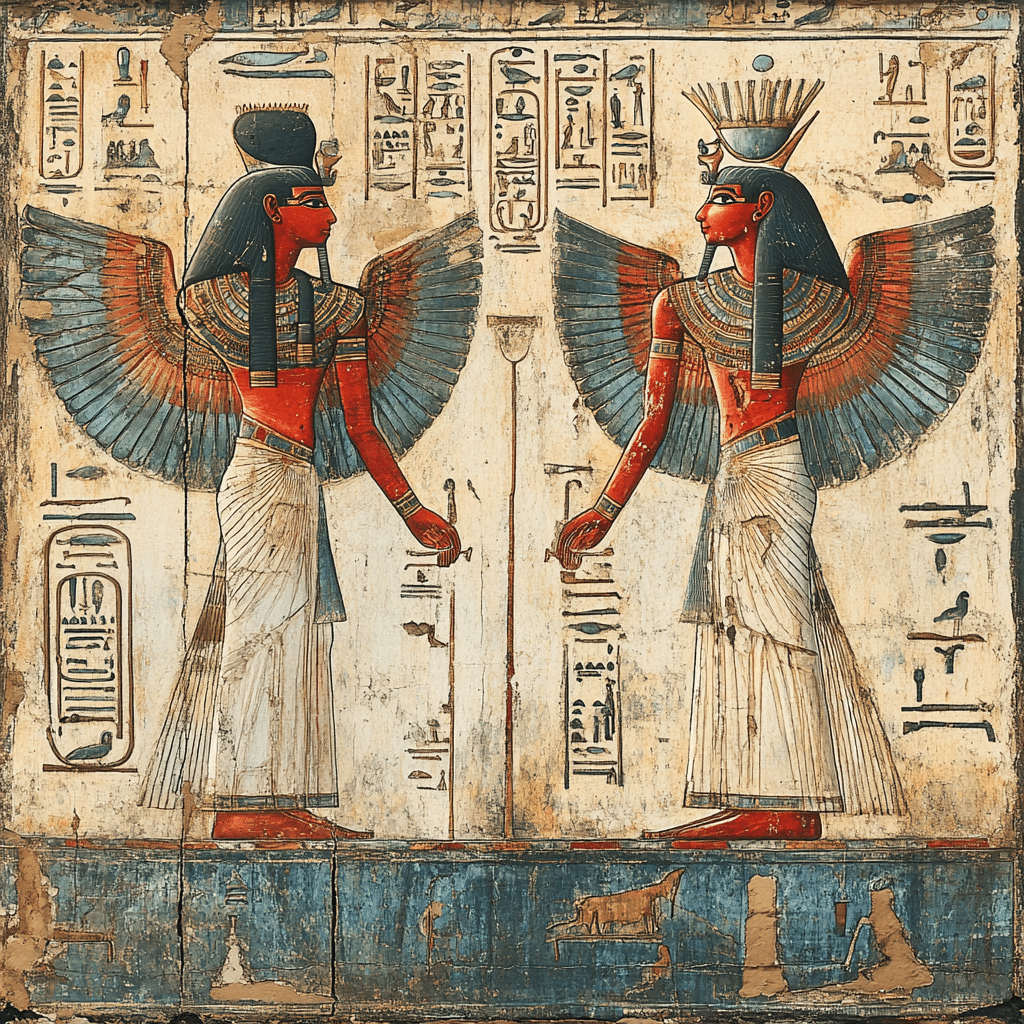
4. The Connection to Current Events: Ancient Egypt and FAFSA Deadline 2025
Let’s draw some lines between past and present! As students prepare for the FAFSA deadline for 2025, we’re reminded of the ancient Egyptians’ commitment to education and skilled labor. Just like they meticulously organized their workforce to erect the pyramids, today’s students must tackle societal challenges in financing their futures.
Exploring these connections encourages a deeper understanding of how the incredible achievements of ancient Egypt can inspire perseverance in today’s educational landscape.

5. Black Friday 2025: An Economic Phenomenon with Historical Shadows
As we approach Black Friday in 2025, it’s fascinating to consider how marketing strategies and consumer behavior have evolved over the years. The essence of trade and commerce thrived in ancient Egypt, with the Nile facilitating goods exchange and economic interaction.
This historical backdrop offers perspective on modern economic phenomena, showing that cultural and historical legacies continue to shape our shopping habits—whether it’s in the bustling markets of ancient Egypt or the crowded storefronts today. It’s a reminder that the past is ever-present in our consumer choices.
Reflecting on the Enigma of Ancient Egypt
The mysteries of ancient Egypt aren’t just echoes from the past; they reflect our unending quest for understanding. Every discovery—from hieroglyphs to unearthed artifacts—pushes the boundaries of knowledge. As we celebrate diverse events—like the upcoming FAFSA deadlines and cultural phenomena such as Black Friday—we should aspire to learn from our rich history.
By digging deeper, we honor the incredible legacies of ancient civilizations and enrich our understanding of human achievement across the ages. Just like the pyramids that stand resilient against time, our quest for knowledge continues—a journey that echoes through generations.
So next time you marvel at a story or event, take a moment to consider the ancient wisdom woven through our modern lives. The whispers of ancient Egypt are timeless, resonating far beyond the sandy shores of the Nile. Let’s heed their lessons and add our voices to the tapestry of history!
Ancient Egypt: Mysteries Behind Pyramids, Pharaohs, and More
Fascinating Facts You Didn’t Know
Ancient Egypt captivates our imagination, and for good reason! Did you know that some of the most famous structures, like the Great Pyramid of Giza, were built with remarkable precision? It’s estimated that they used about 2.3 million blocks of stone, and despite their size, many of these stones weigh between 2.5 to 15 tons each. If you think about that heft, it’s baffling how they managed to build these towering monuments in such ancient times. Speaking of remarkable feats, consider how far we’ve come with innovations today; compare it to the simplicity of something as everyday as checking an Ubs Login.
Another intriguing tidbit about ancient Egypt involves their love for sports and competitions. They had their own versions of sporting events, much like we do with the Copa Libertadores schedule. Chariot racing was a popular pastime, and there were also festivals filled with games and competitions where spectators would cheer on their favorites—who knows, perhaps some ancient Egyptian pharaohs even had their own teams!
Artisans and Daily Life
The artistry behind ancient Egyptian culture is equally fascinating. Skilled artisans would often spend years perfecting their crafts, creating everything from intricate jewelry to stunning murals. Interestingly, ancient Egyptians used various pigments made from natural minerals and plants, which has allowed their art to withstand thousands of years. Their attention to detail makes one appreciate the artistry seen in modern times, reminiscent of creative expressions today, like those from ice la fox. This connection shows how the spirit of human creativity doesn’t change much, even across millennia.
Moreover, ancient Egyptian society placed a strong emphasis on the afterlife, leading to elaborate burial rituals for pharaohs. Can you imagine being entombed with treasures? They believed these items would be useful in the afterlife—a concept that’s both thrilling and a little eerie. Elements of this fascinating ancient belief system somehow echo in today’s conversations about global warming, as both highlight the impacts of our actions. Let’s not overlook how historians continue to explore these links; even institutions like john hopkins invest in research on ancient civilizations to deepen our understanding of their practices.
So next time you think about ancient Egypt, picture not just the imposing pyramids, but also the vibrant culture, dynamic daily life, and the undying curiosity about life after death. From ancient mysteries to today’s innovations, like the exciting possibilities offered by tools like Dall e, the past still resonates with us, reminding us of the enduring legacy of the ancient Egyptians.
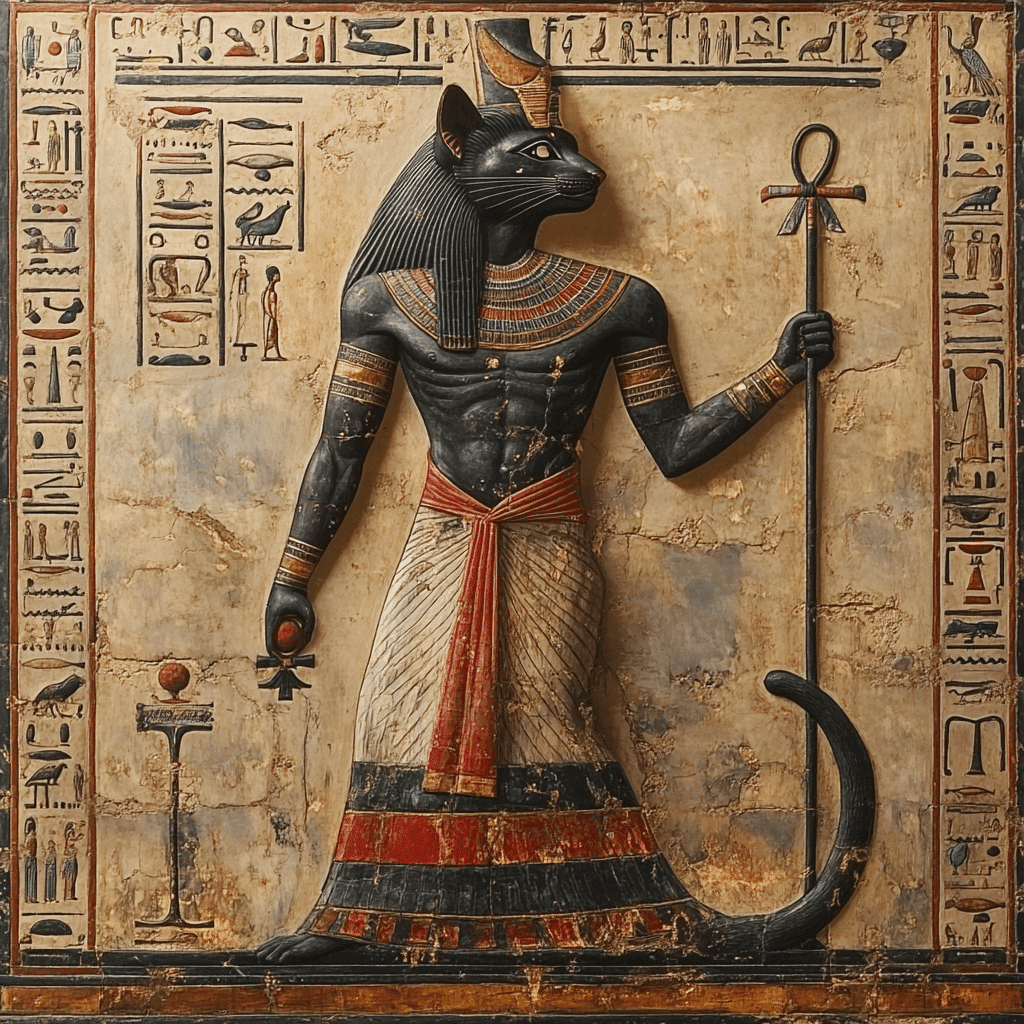
What are 5 facts about ancient Egypt?
Ancient Egypt is known for its remarkable achievements like the development of hieroglyphic writing, construction of monumental pyramids, advanced mathematics, and a deep understanding of medicine, along with its complex mythology.
What is ancient Egypt famous for?
The civilization is famous for its colossal pyramids, powerful pharaohs, mummies, and intricate burial practices, as well as artefacts like the Sphinx and temples that demonstrate their architectural prowess.
Which is older, Greek or Egyptian?
Egyptian civilization predates ancient Greece, with its origins dating back to around 3100 BCE, while ancient Greek culture began flourishing significantly later with influences from the Mycenaean period.
When did ancient Egypt start and end?
Ancient Egypt began around 3150 BCE with the unification of Upper and Lower Egypt and lasted until 30 BCE, when it fell under Roman control, marking a span of over 3,000 years.
What are 20 facts about Egypt?
Egypt’s ancient roots offer a treasure trove of facts, like its rich writing system, the belief in the afterlife, powerful queens, the influence of the Nile, and its vast contributions to art and architecture.
What are 5 things Egyptians invented?
The ancient Egyptians invented several key items, like the calendar, papyrus sheets for writing, cosmetics, surgical tools, and the concept of a 365-day year, which helped shape various aspects of daily life.
Why did ancient Egypt fall?
Factors leading to the decline of ancient Egypt include invasions, internal strife, and economic troubles, along with changing trade routes and shifts in power dynamics in the Mediterranean.
Who built the pyramids in Egypt?
The Great Pyramids of Giza were built by skilled laborers and artisans, not slaves, during the Fourth Dynasty of the Old Kingdom, showcasing advanced engineering and organizational skills.
How many gods did ancient Egypt have?
It’s estimated that ancient Egyptians worshipped around 2,000 gods and goddesses, reflecting their complex beliefs in deities that governed various aspects of life and nature.
What did Cleopatra look like?
Cleopatra is often depicted as having a striking appearance, marked by a strong personality and intelligence rather than just physical beauty, with accounts suggesting she had a Greek heritage.
Which is older, China or Egypt?
Ancient Egypt is older than ancient China, with its beginnings tracing back to around 3100 BCE, while significant civilizations in China, like the Xia, started much later.
How old are the pyramids?
The pyramids are around 4,500 years old, primarily built during the Old Kingdom period, particularly between 2580 and 2560 BCE, when the Great Pyramid at Giza was completed.
What did ancient Egyptians look like?
Ancient Egyptians typically had a medium to dark skin tone, with a variety of hairstyles and attire that reflected their social status and the time period’s fashion trends.
What is the oldest civilization on Earth?
The oldest civilization on Earth is often considered to be Sumer in Mesopotamia, which developed around the same time as ancient Egypt, but the debate remains ongoing depending on definitions of civilization.
What ended the pharaohs?
The era of the pharaohs ended with the conquest by Alexander the Great and the subsequent annexation by Rome, marking the end of native dynastic rule in Egypt.
What are 4 facts about Egypt?
A few notable facts about ancient Egypt include their intricate burial customs, the significance of the Nile River for agriculture, the social hierarchy, and the advancements in arts and sciences that have influenced later civilizations.
Is ancient Egypt 5000 years old?
Ancient Egypt indeed has roots going back nearly 5,000 years, with its foundations starting around 3100 BCE, showcasing a civilization that significantly shaped human history.
What are 5 facts about ancient Egypt food?
Foods in ancient Egypt included bread, beer, onions, garlic, fish, and various fruits and vegetables, often reflecting their agricultural practices and reliance on the Nile for sustenance.
What are 5 characteristics of ancient Egypt?
Five characteristics of ancient Egypt include its extensive use of hieroglyphics, impressive monumental architecture, a centralized government ruled by pharaohs, a rich religious life, and advancements in mathematics and medicine.


